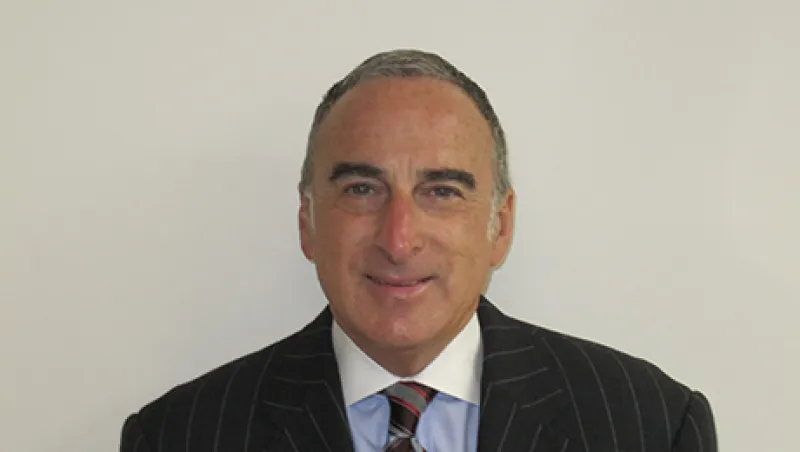
Buybacks for Charity: Shares for Sharing
Caritas Partners, a newly launched division of broker-dealer du Pasquier, builds philanthropy into the process of buying back shares.
SL Mintz
April 17, 2014


